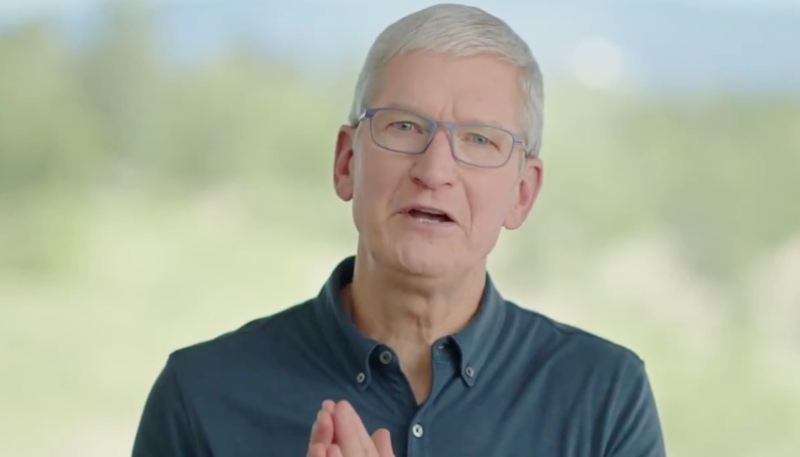Apple CEO Tim Cook personally called U.S. Speaker of the House Nancy Pelosi, as well as other members of Congress to urge them to delay considering new antitrust legislation proposals, says a report from The New York Times.
The antitrust bills were rushed, he said. They would crimp innovation. And they would hurt consumers by disrupting the services that power Apple’s lucrative iPhone, Mr. Cook cautioned at various points, according to five people with knowledge of the conversations.
House lawmakers earlier this month introduced sweeping legislation in the form of six bills aimed at large tech firms, such as Apple, Google, Facebook, and others. The legislation targets the companies’ dominance in the areas of online commerce, advertising, media, and entertainment.
As you might imagine, Pelosi is said to have pushed back against Cook’s concerns over the bills. She is said to have challenged the Apple CEO to “identify specific policy objections to the measures”.
Cook is said to have warned other unnamed members of Congress of the repercussions of the proposed antitrust legislation if it becomes law.
Apple and other groups have paid lobbyists communicating with lawmakers to protest against the new bills, arguing there will be multiple consequences for both the industry and the country if the bills become law.
In a letter to lawmakers on Tuesday. Morgan Reed, the president of the App Association, said that breaking up platforms and “limiting the services they can provide for our member companies would harm your constituents.”
The House Judiciary Committee is expected to review the five bills at a hearing on Wednesday. The bills would apply only to businesses that have a market capitalization of $600 billion and at least 50 million monthly active users in the United States.


